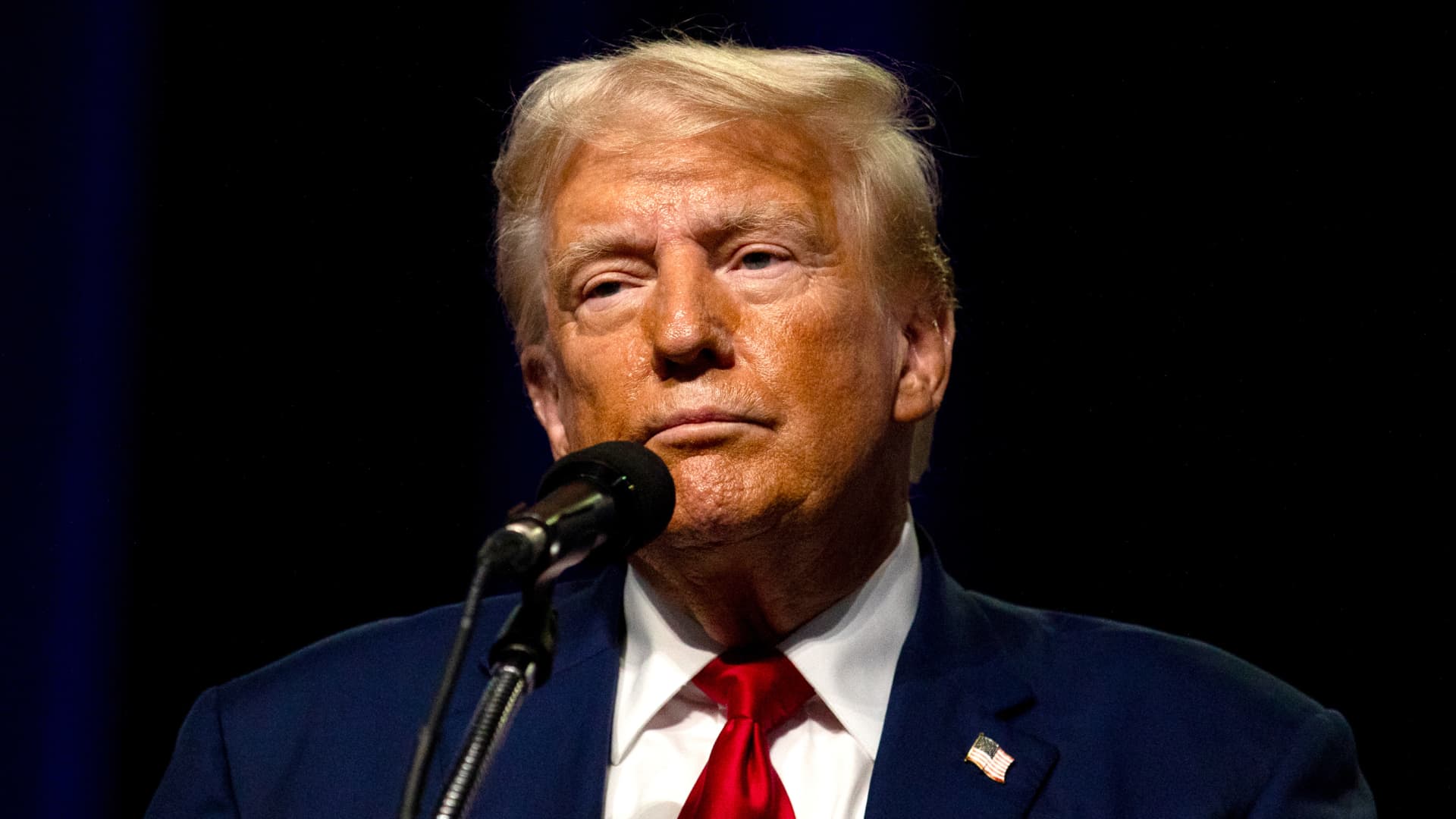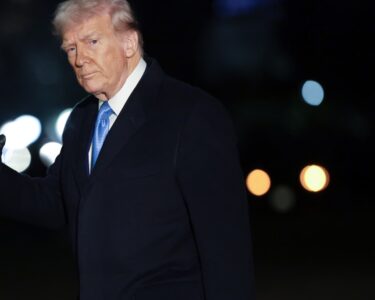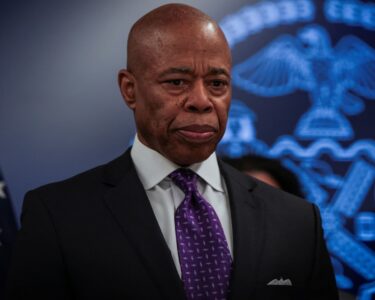A federal grand jury on Tuesday returned a superseding indictment charging former President Donald Trump with the same offenses that he originally faced in his criminal election interference case in Washington, D.C.
The new indictment was filed to conform to guidance from a recent Supreme Court decision granting former presidents “presumptive immunity” for their official acts in office, special counsel Jack Smith said in a separate court filing.
Like the original charging document filed in August 2023, the newly filed superseding indictment charges Trump with four counts related to his alleged efforts to illegally overturn his loss to President Joe Biden in the 2020 election.
But the new indictment is nine pages shorter, stripping out a slew of details about Trump’s conversations with Department of Justice officials after the 2020 election, which the Supreme Court said are covered by presidential immunity.
That includes Trump’s talks with former DOJ official Jeffrey Clark, who was referred to in the original indictment as “Co-Conspirator 4.”
Tuesday’s indictment removed all references to Clark, who was deeply involved in numerous alleged conspiracies to challenge Trump’s loss to Biden.
Trump still faces one count each of conspiracy to defraud the United States, conspiracy to obstruct an official proceeding, obstruction of and attempt to obstruct an official proceeding, and conspiracy against rights.
The superseding indictment was presented to a new grand jury that had not previously heard evidence in the criminal case against Trump, Smith said in the court filing in D.C. District Court on Tuesday afternoon.
The Department of Justice does not oppose letting Trump waive his appearance at an arraignment on the new indictment, that filing added.
A source familiar with the Trump defense team’s thinking told NBC News that the revised indictment still contains the “fatal flaws” of the original.
“You cannot prosecute a president for acts he took while in office,” that source told NBC, adding, “We don’t think they’ll be able to prove this was all purely campaign-related.”
The case — which centers in large part on the events surrounding the Jan. 6, 2021, Capitol riot — was widely viewed as one of the most serious of the four criminal cases that Trump has faced while running for another term in office.
But Smith’s case was put on hold for months while Trump’s lawyers litigated their argument that he was immune from the charges because he was president at the time the alleged acts took place.
The Supreme Court took up the dispute. In a July 1 ruling vehemently opposed by its three liberal justices, the court held that former presidents enjoy “absolute immunity” from criminal prosecution for certain executive conduct and “presumptive immunity” for all other official acts. The court also held that presidents are not immune for unofficial acts.
And the ruling made specific determinations about the election charges against Trump — some of which effectively shut down parts of Smith’s case.
The high court held, for instance, that “Trump is absolutely immune from prosecution for the alleged conduct involving his discussions with Justice Department officials.”
The court also ordered District Court Judge Tanya Chutkan to assess whether Trump’s alleged attempts to pressure then-Vice President Mike Pence to reject the 2020 electoral results “would pose any dangers of intrusion on the authority and functions of the Executive Branch.”
Smith’s superseding indictment “reflects the Government’s efforts to respect and implement the Supreme Court’s holdings and remand instructions,” a spokesman for the special counsel said.






